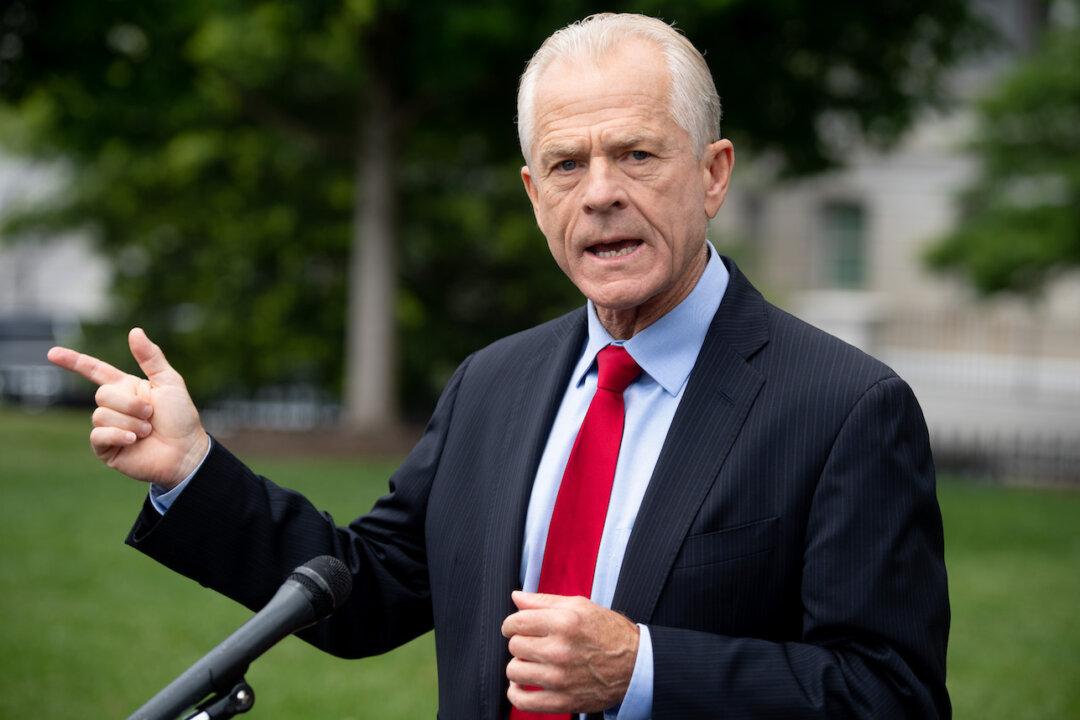Former White House trade adviser Peter Navarro has declined a plea offer to plead guilty to a contempt of Congress charge, the lead federal prosecutor in the case told a judge on Friday.
Navarro had pleaded not guilty to two misdemeanor counts of contempt of Congress on June 17 after he refused to cooperate with the House January 6 committee’s probe into the breach of the Capitol building on Jan. 6, 2021.




